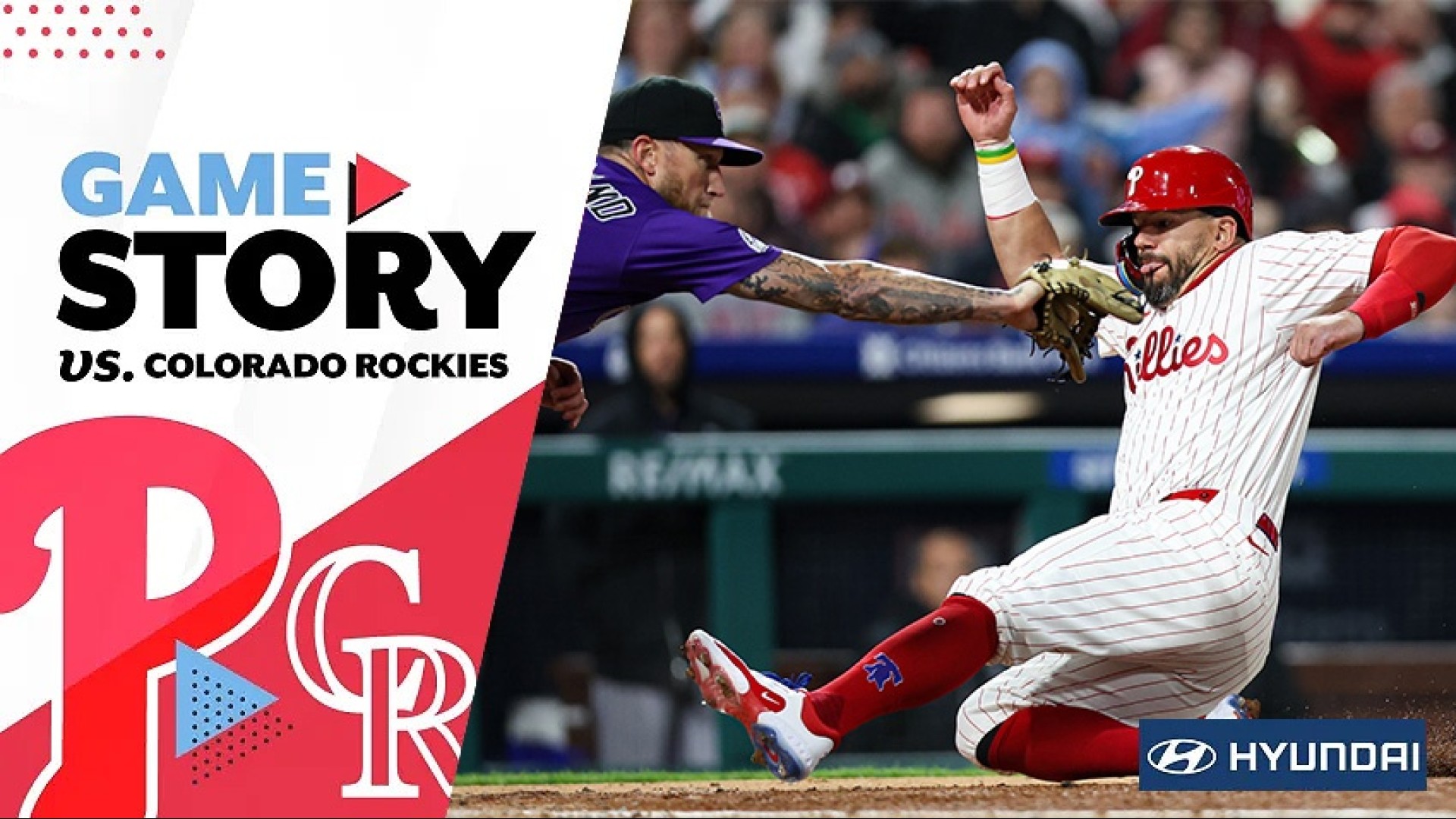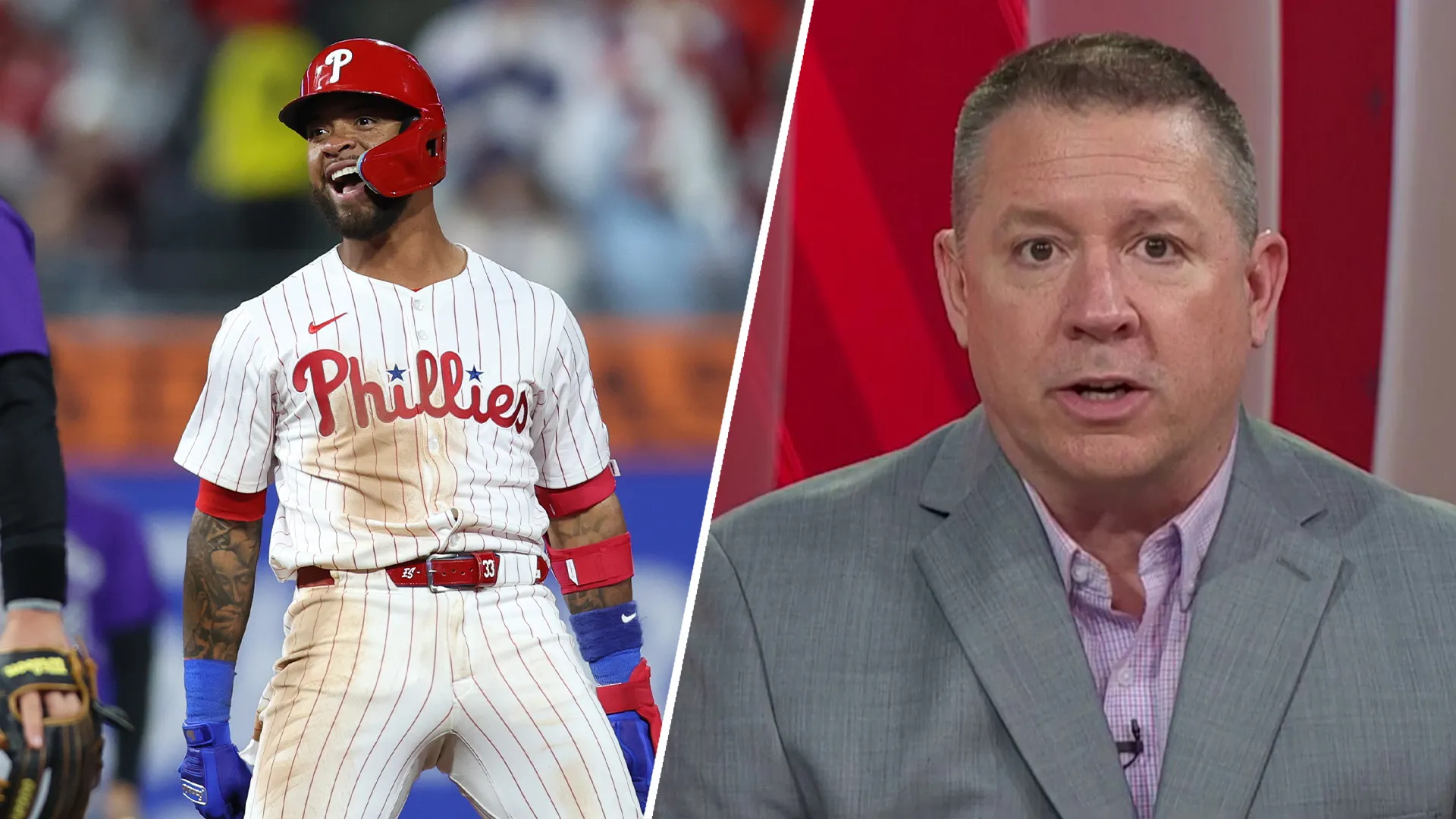The Phillies, after signing Zack Wheeler for $118 million over five years, are approximately $20 million below MLB's luxury tax threshold for the 2020 season.
John Middleton was asked at a news conference six weeks ago about his willingness to exceed the $208 million tax, which for a first-time offender like the Phillies would result in a 20 percent penalty for every dollar they are over $208M.
This is what the Phils' managing partner said:
Here’s what I’m not going to do. I’m not going to go over the luxury tax so we have a better chance to be the second wild-card team. That’s not going to happen. I think you go over the luxury tax when you’re fighting for the World Series. If you have to sign Cliff Lee and that puts you over the tax, you do it. If you have to trade for Roy Halladay and sign him to an extension and that puts you over the tax, you do it. But you don’t do it for a little gain.”
The 2020 Phillies are not one piece away from seriously contending for a World Series. Even after the Wheeler splash, they still need at least one more strong regular in the lineup, at least one starting pitcher, a couple semi-reliable relief arms and a more competent bench. The strength of the Nationals and Braves also complicates things.
Suffice it to say, this does not sound like the situation Middleton described above.
That does not mean, however, that the Phillies' front office is treating the tax threshold like a hard cap. If the right opportunity presents itself, they will pounce. If the expected dollar figure for Anthony Rendon somehow doesn't materialize, the Phillies wouldn't pass up a great deal for a great fit just to stay under in 2020.
MLB
They're just going to be logical about it. There is reason to leave flexibility for midseason when you have a better idea of how close you are to contending for a division title. Why overpay a middling reliever or starter now when you can potentially acquire a difference-making one in July?
This is a key season coming up for the Phillies. After 2020, they free up $38 million as the contracts of Jake Arrieta and David Robertson expire. That's money that can be reallocated to a very good starting pitcher and a very good everyday player. Right now, those two contracts are hindrances. Robertson is unlikely to contribute in 2020 and the Phillies desperately need Arrieta to be better than a No. 4.
The Phillies' proximity to that $208 million luxury tax threshold helps explain why they didn't beat the Braves' one-year, $18 million offer to Cole Hamels. As nice as a reunion with Hamels would have been, they could probably replicate his production for half the money or maybe a little more with someone like Wade Miley or Rick Porcello.
The Phillies won't close the door on any free agent, but don't be shocked if their splashiest move came before the Winter Meetings even began.
Subscribe and rate At The Yard:
Apple Podcasts / Google Play / Spotify / Stitcher / Art19


